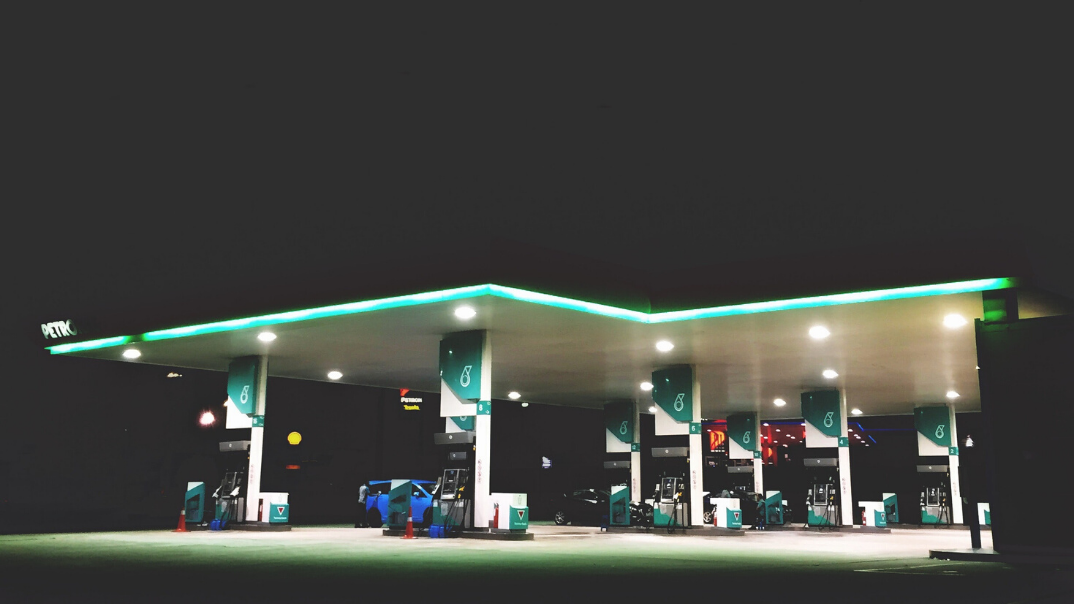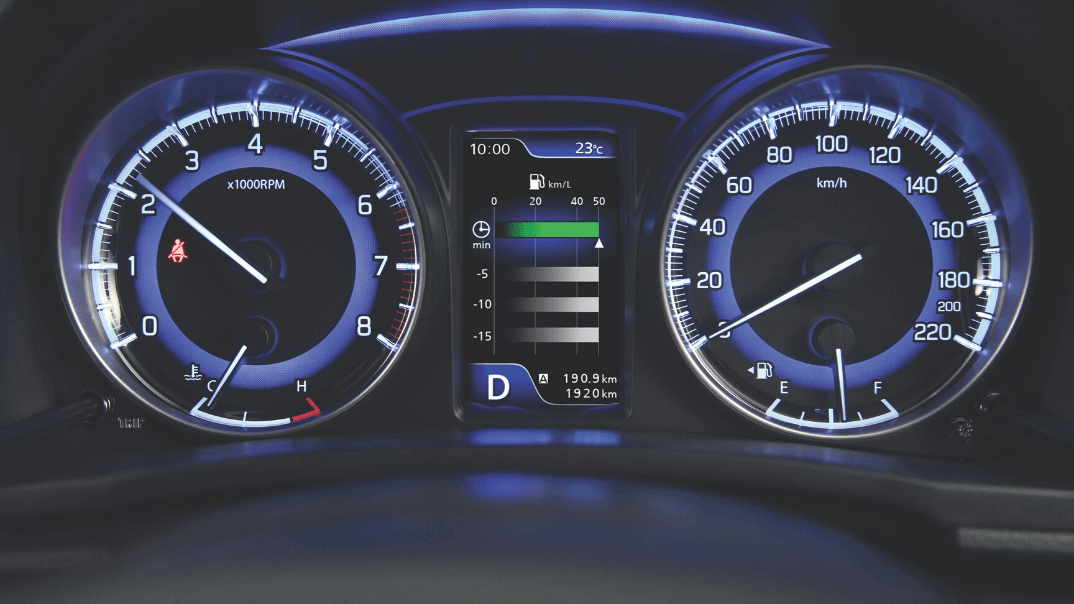With the reality of the cost of a tank of petrol now, R500-R1000 no longer gets you as much petrol as it used to. The real shock might not be at the pump but what it actually costs per kilometre travelled. It is important to know this for your car and how to mitigate this cost.
The process of calculating your actual cost per kilometre is not complicated and the answer might be an indicator your car is not running optimally.
If you take the distance travelled and divide that by 100 then multiply the result by the fuel consumption (l/100 km) and then multiply that by the current fuel price you will arrive at the cost of fuel for the journey. Divide that by the distance and you have the cost per kilometre.
For example: If I were to travel from Port Shepstone to Johannesburg it is a distance of 682 kilometres. Using a Suzuki Swift 1.2 GA as my transport, the stated consumption is 4,9 l/100 km. However, to allow for roadworks and some traffic we can err on the side of caution and make that 5,4 l/100 km. The current price of 95 octane fuel at the coast is R22.86.
So, our calculation looks like this:
Distance divided by 100: 682/100 = 6,82
That result multiplied by l/100km: 6,82 x 5,4 = 36,82
Multiply that by the fuel price 36,82 x 22,86 = R841,71 (fuel spend for the journey)
And, divide the fuel cost by distance 841,71/682 = R1,23 per kilometre
Remember, in this example, when you make the return journey the fuel cost will be slightly higher – the price at the pump in Johannesburg being R22,86.
Another example – this time with the fuel price at R25 a litre, consumption at 6,5 l/100 km and 300 km trip:
Distance divided by 100: 300/100 = 3,00
That result multiplied by l/100km: 3,00 x 6,5 = 19,5
Multiply that by the fuel price 19,5 x 25,00 = R487,50 (fuel spend for the journey)
And, divide the fuel cost by distance 487,50/300 = R1,62 per kilometre
You can also make use of Suzuki’s own cost estimator: Fuel efficiency calculator
It is important to keep a note of your actual fuel consumption. Make use of the onboard computer and track it on a tank-to-tank basis. If your consumption is a lot higher than the manufacturer stated average then:
- You may need to change your driving style.
- Your car may be in dire need of a full service.
There are ways of bringing down your consumption and eking out every possible kilometre from each fill and some simple tips are:
- Plan your journey. This does not apply only to long journeys. This means taking the shortest route to do what you need to. Do not go to ‘A’ and then backtrack to ‘B’ before going past ‘A’ to destination ‘C’.
- Accelerate gently and allow the car to build up speed with the least possible effort.
- Remove things you do not need every day (eg golf clubs) from the boot – added weight equals more fuel used.
- Ensure your tyres are correctly inflated. Underinflated tyres create drag and this impacts consumption.
- Service your car regularly according to the manufacturer’s recommendations.
You can find additional fuel-saving tips here:
- Fuel saving: Tips for drivers of manual cars
- 10 tricks to save you fuel when driving an automatic car
With the price of Brent Crude edging at a high, your wallet will appreciate everything you do to minimise fuel usage.
Doing a simple calculation will give you the fuel cost per kilometre and can be used to help in the overall process of driving more conservatively in a quest to maximise the fuel efficiency of your car.
Working out what your fuel costs in cents per kilometre is an easy calculation and can help as you try to conserve fuel. Use our fuel efficiency calculator now.

![10 tricks to save you fuel when driving an automatic car [UPDATED]](https://blog.suzukiauto.co.za/hubfs/Swift%20MC%202021/Suzuki%20Swift%202021%20-%20124%20_%20Resized.png)

